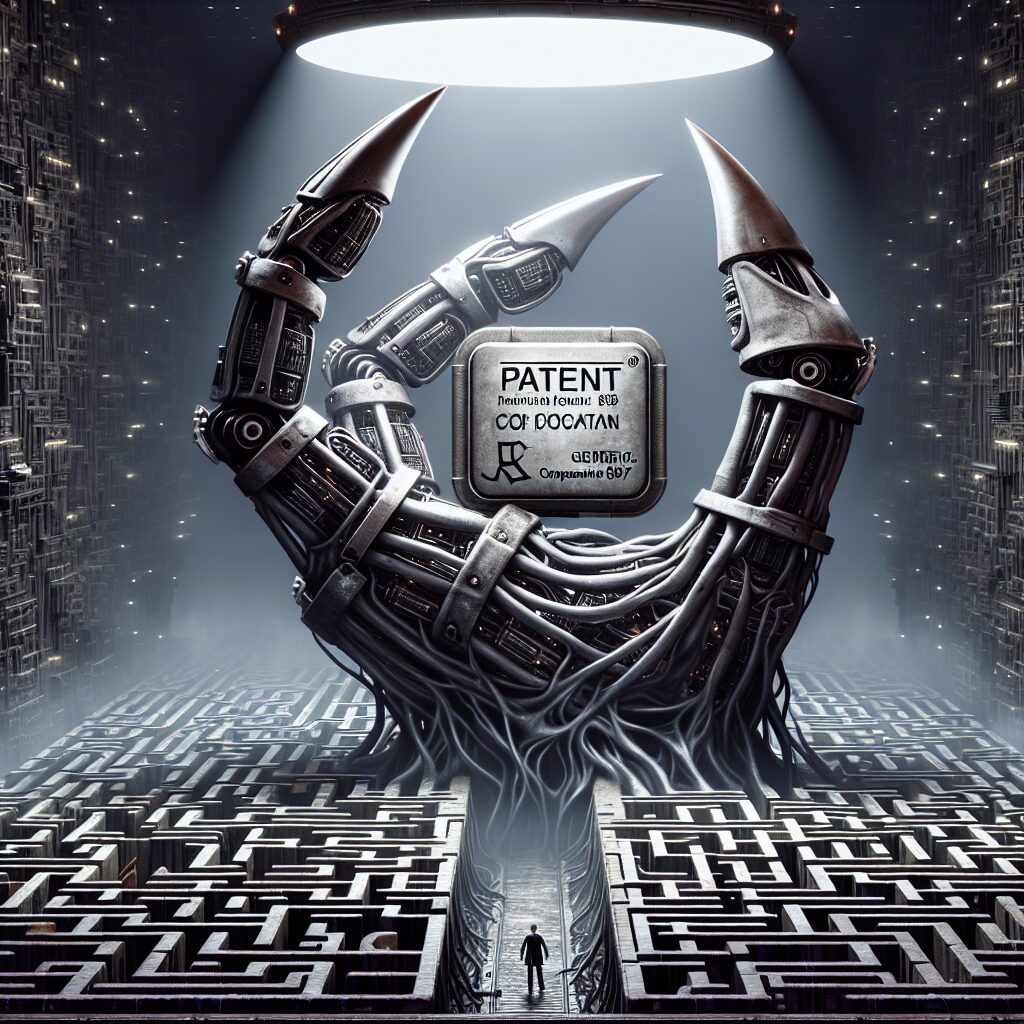The tech world awoke one day to a surprising twist in the tale of a beloved gaming franchise: the groundbreaking Nemesis system of Shadow of Mordor was held captive, not by any menacing orc warlord, but by a patent held by Warner Bros. What’s more, this patent isn’t set to expire until 2036, keeping a dynamic gameplay innovation off the table for other developers for more than a decade.
Imagine a world where the foes you face remember your every action, adapting and growing stronger with each encounter. This is what the Nemesis system brought to life, but now it’s locked behind a vault door marked ‘Property of Warner Bros.’ This patent lock-up seems particularly unfair given the studio responsible for the system, Monolith Productions, has been shut down, casting a shadow of uncertainty over the future use of the system.
The Nemesis system, first introduced in Middle-earth: Shadow of Mordor and then expanded in its sequel, Shadow of War, was hailed as a game-changer. By allowing individual non-playable characters (NPCs) to remember their interactions with the player and evolve accordingly, it created a level of personal engagement and unpredictability previously unseen in the gaming world.
Yet, the fact that Warner Bros has chosen to patent this groundbreaking system means it’s off-limits to other developers who might have sought to build on its innovative mechanics. This move has been met with significant backlash from many in the gaming community who believe that such a patent stifles creativity and hinders the progress of the industry.
The situation has also sparked a wider debate about the role of patents in the gaming industry. While they undoubtedly serve a purpose in protecting intellectual property, when does this protection become a barrier to innovation and growth? Is it fair for one company to claim ownership over a gameplay mechanic, potentially limiting the scope of future games?
In the end, one thing is certain: as long as Warner Bros holds the patent to the Nemesis system, the gaming world will be left wondering what could have been. As we stare into the shadow of a Mordor that might never be, we’re left with a tantalizing taste of a dynamic, evolving gaming landscape that’s currently out of reach. We can only hope that the coming years will bring a change of heart, or at least a change in patent law, that allows this brilliant system to find new life in the hands of creative developers around the world.
